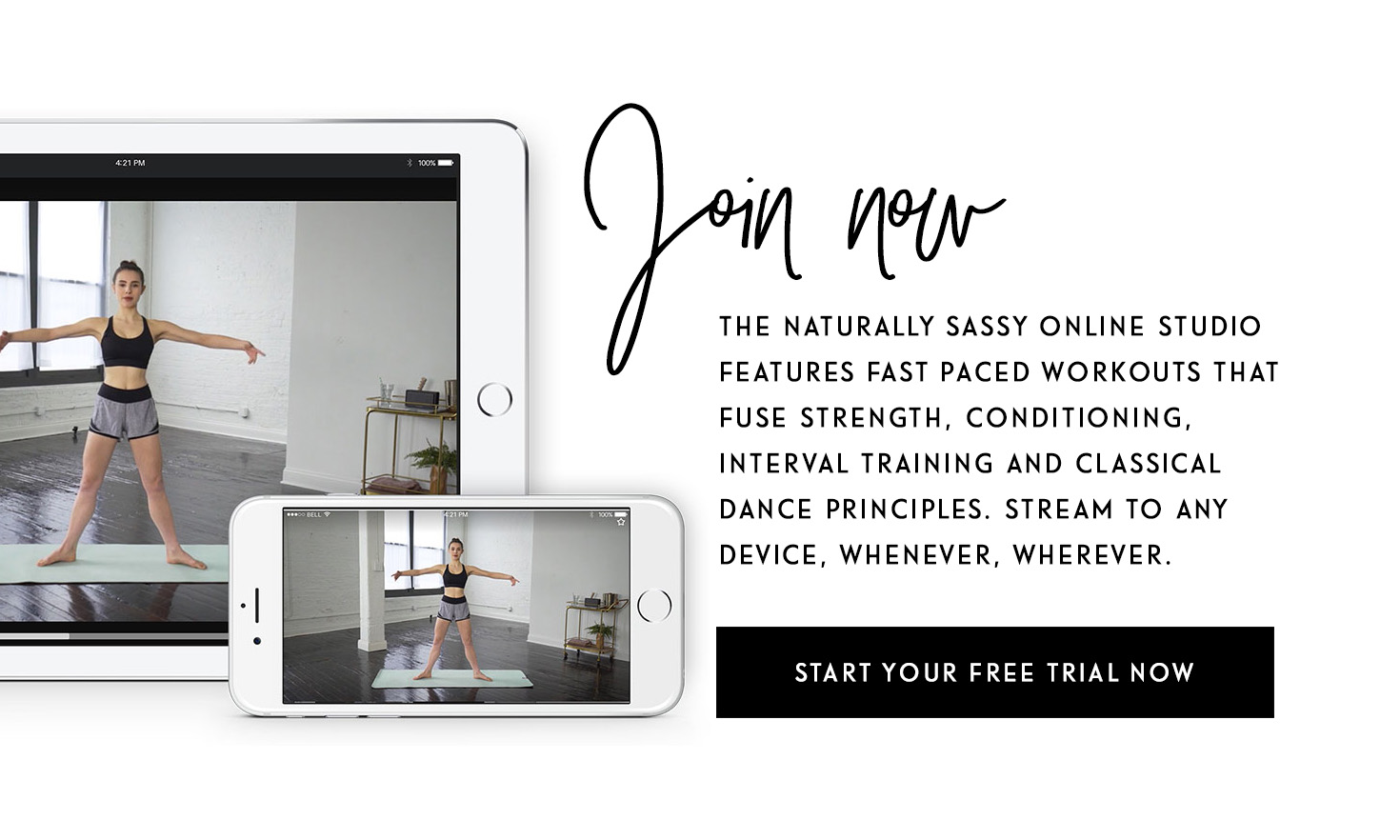A few years ago I went to a press event around the subject of breathing, a deep dive into why breath-work was the most underrated hack for your wellbeing. Through a conversational workshop my eyes were opened to the power of a healthy breath cycle. If you think about it, our breath is constantly changing, influenced by how we’re feeling and what we’re doing. You can spot changes in mood and mentality just by being connected to your breathing patterns. It seems absurd we would train our bodies to technically execute a challenging sequence of exercises, but we don’t take any time to train our bodies to breathe in a truly healthy way.
Why is breath work beneficial?
Training your breath can have numerous benefits for your physical and mental health. By regulating your breath, you can improve your lung capacity, reduce stress and anxiety, lower blood pressure, improve digestion, and enhance your overall well-being. Breathing exercises can be used to manage anxiety and other mental health conditions by promoting relaxation and calming the mind. I’ve found that through getting to know my breathing and what healthy breathing looks like I can now spot when I’m starting to panic or get overwhelmed by anxiety and quickly step in with exercises to help support and bring me back to a place of calm.
Here are some exercises that can help regulate your breath and ease anxiety, and that I use weekly to support my mental and physical wellbeing.
Diaphragmatic Breathing:
This exercise involves breathing deeply into your belly rather than your chest. Place one hand on your chest and the other on your belly. As you inhale, focus on expanding your belly, and as you exhale, let your belly fall. Repeat this for several minutes.
Box Breathing:
This exercise involves breathing in for a count of four, holding your breath for a count of four, exhaling for a count of four, and holding your breath for a count of four. Repeat this for several minutes.
Alternate Nostril Breathing:
This exercise involves breathing in through one nostril, holding your breath for a few seconds, then exhaling through the other nostril. Repeat this for several minutes, switching nostrils each time.
Breath Counting:
This exercise involves counting your breaths. Breathe in and count “one,” breathe out and count “two,” breathe in and count “three,” and so on up to ten. If you lose track, start over at one.
Here are some apps that can help you with breathing exercises:
- Headspace: This app provides guided meditations, including breathing exercises, to help reduce stress and anxiety.
- Breathwrk: This app provides visual and audio exercises to help you regulate your breath and manage stress.
- Pranayama: This app provides breathing exercises inspired by yoga to help reduce stress, improve focus, and enhance your overall well-being.
- Calm: This app offers a range of guided meditations, including breathing exercises, to help you relax and manage stress.
Remember to consult with your doctor or a qualified healthcare professional before starting any breathing exercise program, especially if you have a respiratory or cardiovascular condition. I can’t recommend enough the benefits to your body both mental and physical, when you pay attention to the life force that’s taking you from moment to moment.







